One can imagine the gravity of the diplomatic scene that the US President Bill Clinton was dealing with during the Kargil war. On July 4, 1999 — the American Independence Day — Clinton was furiously discussing with Pakistan Prime Minister Nawaz Sharif the ways to end the Kargil war between India and Pakistan.
Reports of the time say that Clinton had lost cool during his talks with Sharif, who was claiming ignorance about the circumstances under which the Pakistan Army’s chief General Pervez Musharraf had launched his Kargil misadventure.
This was possibly the most challenging diplomatic task that any American president has faced when his nation was celebrating its Independence Day. (The US has not had a woman president to date; if Democrat Kamala Harris wins the November presidential election, she would become the first woman to be elected as the US president.)
The Kargil conflict and strategic manoeuvring
For decades, India and Pakistan had been embroiled in a bitter dispute over Kashmir, marked by sporadic violence including wars along the LoC. The spring of 1999 saw a significant escalation when Pakistani forces, in a departure from established norms, occupied strategic positions in the Kargil sector during the winter months, catching Indian forces off-guard.
This move not only violated previous agreements but also posed a direct threat to Indian supply lines in the region. The consequence was the fourth India-Pakistan war in the summers of 1999.
Quick Reads
View AllIndian Prime Minister Atal Behari Vajpayee’s government, having come to power projecting its firm stance on national security against the backdrop of Pakistan-sponsored terrorism through the 1990s, viewed this incursion as a betrayal. This was a particularly stark development after Vajpayee’s earlier efforts at reconciliation through the Lahore Summit with Pakistani Prime Minister Sharif.
The spirit of cooperation envisioned at Lahore had been shattered by Pakistan’s aggressive actions, prompting India to respond with intense military operations to reclaim the occupied territory.
International alarm and American intervention
Deeply concerned about the potential for a nuclear conflict between the two South Asian powers, the Bill Clinton administration of the United States swiftly moved to mediate the crisis. Then-Central Intelligence Agency (CIA) analyst Bruce Riedel was President Clinton’s Special Assistant for Near Eastern and South Asia Affairs at the National Security Council at the time of the war. He later wrote and spoke at length about how Clinton dealt with the crisis while Riedel found himself at the heart of these critical diplomatic efforts.
Clinton’s team also included figures like Deputy Secretary of State Strobe Talbott and General Tony Zinni, engaged tirelessly, urging Pakistan to withdraw its forces behind the LOC.
The fact that both India and Pakistan were nuclear-armed meant that any escalation could have catastrophic consequences not only for the region but also for global stability. This set the context that the situation required delicate handling. Clinton’s administration, having grappled with the aftermath of India’s nuclear tests in 1998, was acutely aware of the stakes involved.
Vajpayee set the tone for Clinton-Sharif summit
While Clinton feared a nuclear war amid intelligence inputs and speculation that India would respond with full force if Pakistan deployed nuclear weapons, a telephonic conversation with Vajpayee set the tone for the subsequent meeting between the US president and Pakistan PM Sharif.
That call happened on July 2, Riedel wrote in an Indian Express piece in 2002. He wrote, “The President consulted with Indian Prime Minister Vajpayee on the phone. The Indians were adamant — withdrawal to the LoC was essential, Vajpayee would not negotiate under the threat of aggression.”
“The [US] President sought to reassure Vajpayee that we would not countenance Pakistani aggression, not reward them for violating the LoC and that we stood by our commitment to the Lahore process, i.e. direct talks between India and Pakistan were the only solution to Kashmir, not third party intervention,” Riedel wrote.
Riedel’s comment assumes significance in the view that he was the only person in the audience when Clinton and Sharif talked in private on July 4, two days after Clinton-Vajpayee telecon.
Sharif’s desperation and Clinton’s ultimatum
As the conflict intensified through May and June 1999, Nawaz Sharif found himself increasingly isolated internationally. With mounting pressure and dwindling options, Sharif reached out to Clinton directly, seeking urgent American intervention to halt India’s advances and defuse the crisis.
Sharif appealed for American intervention immediately to stop the fighting and to resolve the Kashmir issue. However, Clinton told Sharif that he would help only if Pakistan withdrew to the LoC, Riedel reported.
So, Clinton was unequivocally clear that any assistance to Pakistan would be contingent upon its complete withdrawal to the pre-conflict positions.
The Blair House Summit
Fraught with apprehension, Sharif arrived in Washington to face a determined President Clinton, who had reportedly told the Pakistan prime minister that he should visit America only if he had a concrete plan to withdraw from Kargil. The two met at Blair House in Washington.
Riedel described the scene at Blair House as tense, with Clinton stressing the need for Pakistan to pull back its forces immediately and unconditionally. Sharif, grappling with the dual pressures of international isolation and domestic political instability, eventually acceded to Clinton’s demands. The agreement reached stipulated a withdrawal to the LoC, a ceasefire, and a commitment to resume dialogue through the Lahore process.
Sharif had brought his family with him to Washington, clearly indicating that he feared for their safety and had serious concerns about his own political future amid military pressures back home. But with Vajpayee absolutely firm and Clinton determined, Sharif departed from Washington on July 5 with commitments to de-escalate military tension and withdraw Pakistani troops from Kargil.


)
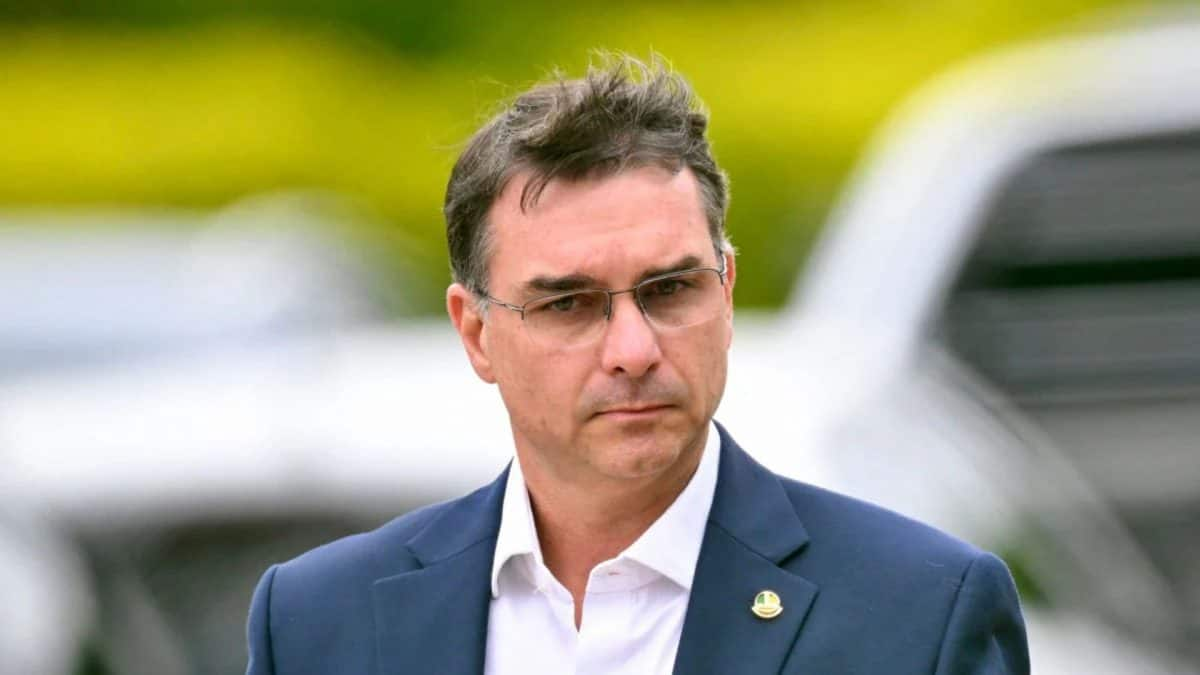
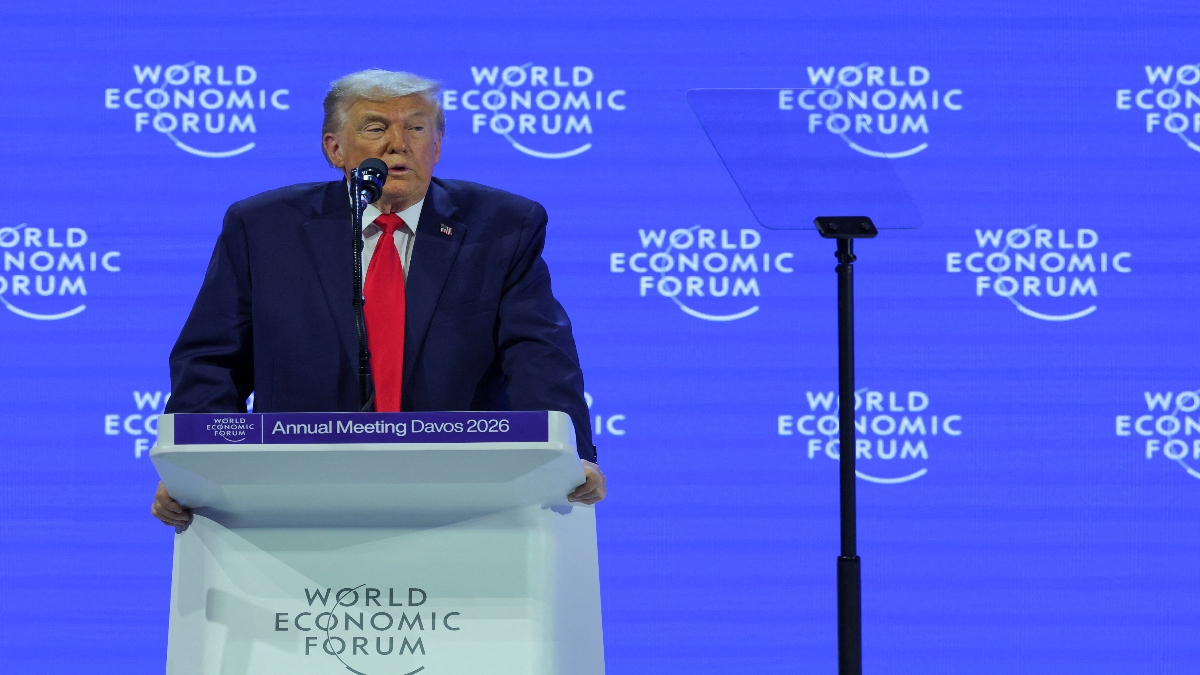)
)
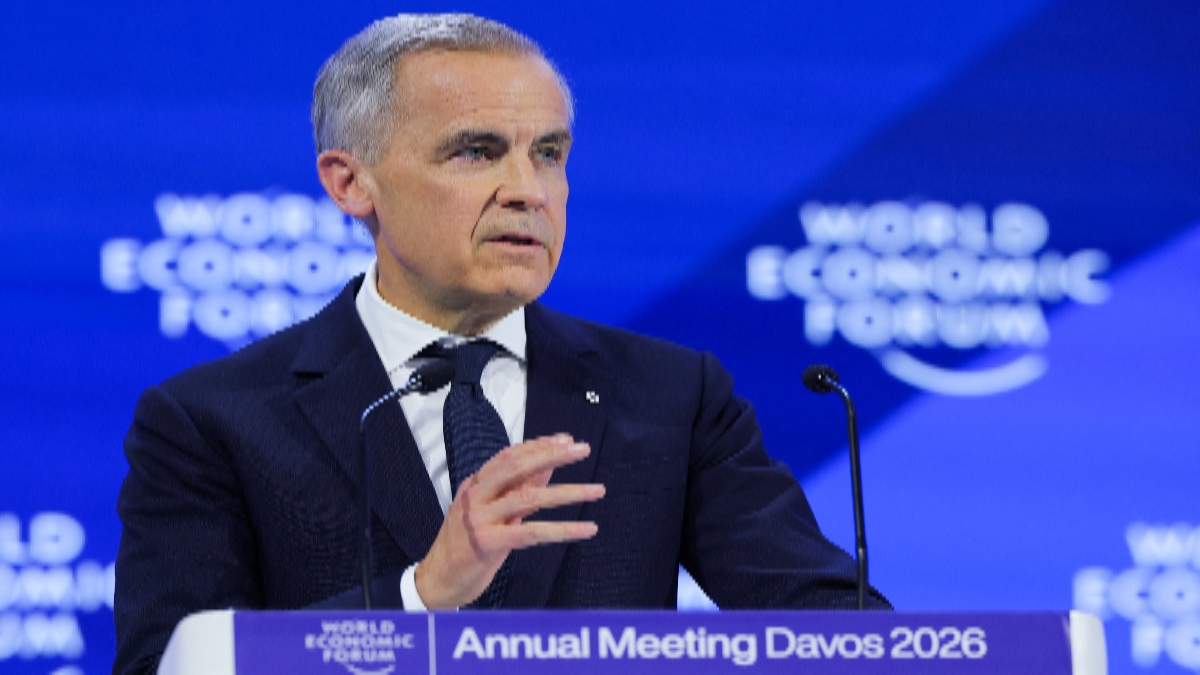)
)
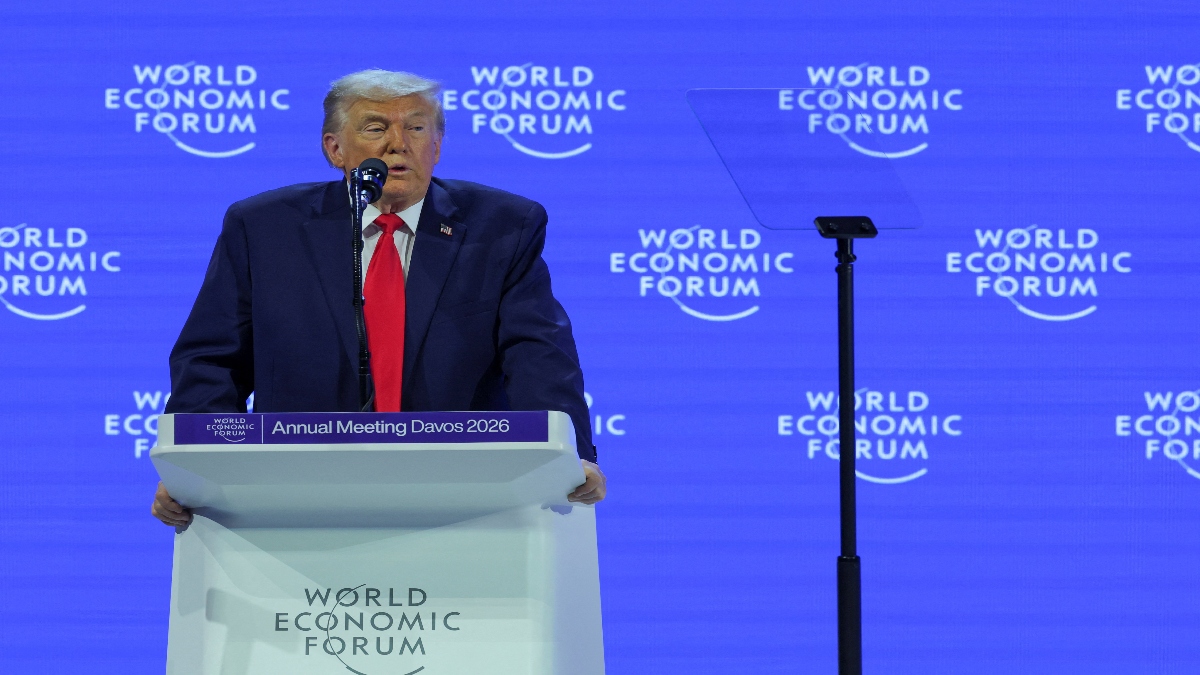)
)
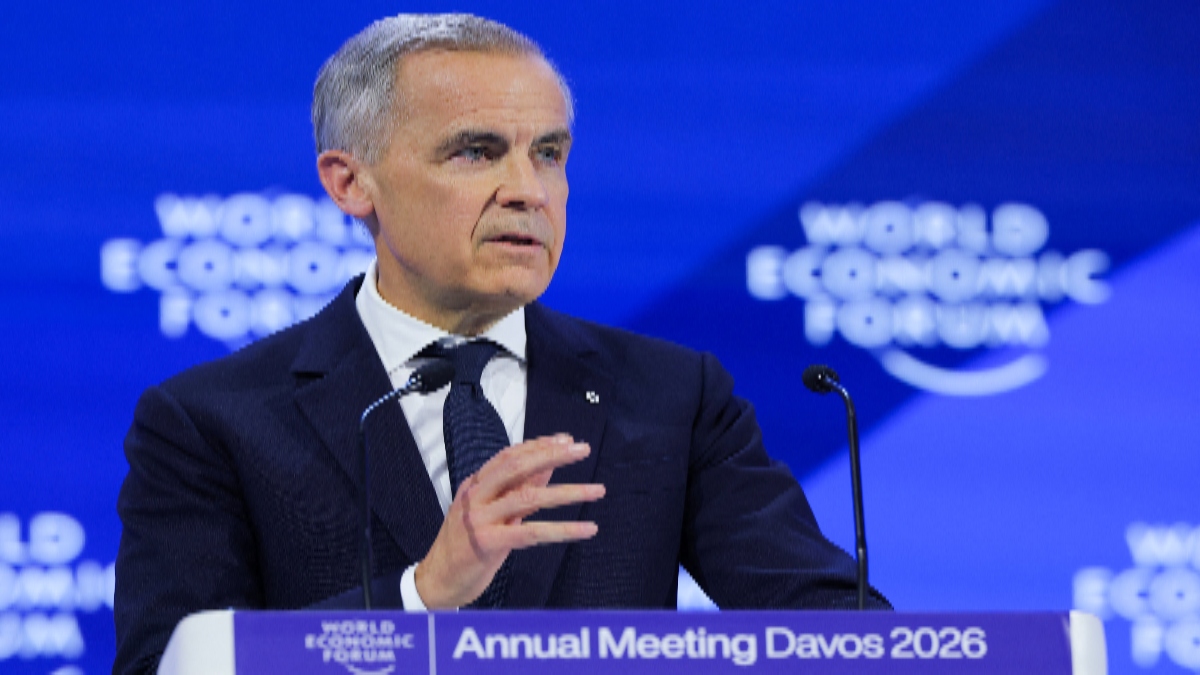)
)



